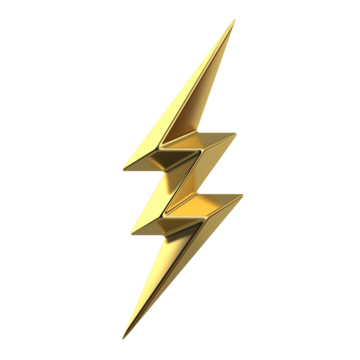The human
“A God akin of ultimate knowledge”, as aforementioned, is not however the whole truth. The human is a fragile being, and emotions are most generally evolving in opposition to technology. Hence, for the æther of Religion and œther of Science, Emotions (ælementium), and Logic (œlementium) arise as the *prima materia from this medium*. The more technocratic is an Ethos, the weaker are the folk that are born from it, however a select group of people stemming from the perfecting of the available tools emerge, the new society. Humans apart from this group search for God, in this sense—and most generally—as a way to overcome death in their inherent weakness.
“The privilege of a lifetime is to become who you truly are” — Carl Jung
However, due to simplicity, or poor availability of methods to find themselves, the human lurks alone without Ethosophy to guide the path. Henceforth, for most people their deep awakening is a lackluster, such that it is duty of the technology enacted by Xeo, to allow for this discovery.
The main objective truth of the modern human’s personality is that it revolves around the conscious decision of what to do with the time it was given to them, when one realizes that, it shall progressively fit in onto the categorical archetypes of the table below:
